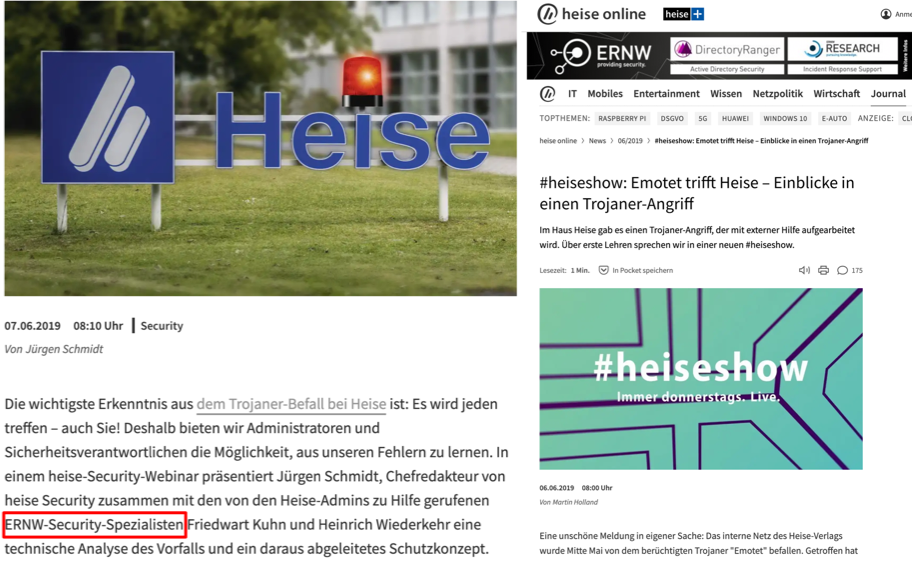While waiting for a download to complete, I stumbled across an interesting blogpost. The author describes a flaw in LibreOffice that allowed an attacker to execute code. Since this was quite recent, I was interested if my version is vulnerable to this attack and how they fixed it. Thus, I looked at the sources and luckily it was fixed. What I didn’t know before however was, that macros shipped with LibreOffice are executed without prompting the user, even on the highest macro security setting. So, if there would be a system macro from LibreOffice with a bug that allows to execute code, the user would not even get a prompt and the code would be executed right away. Therefor, I started to have a closer look at the source code and found out that exactly this is the case!
Continue reading “LibreOffice – A Python Interpreter (code execution vulnerability CVE-2019-9848)”
Continue reading